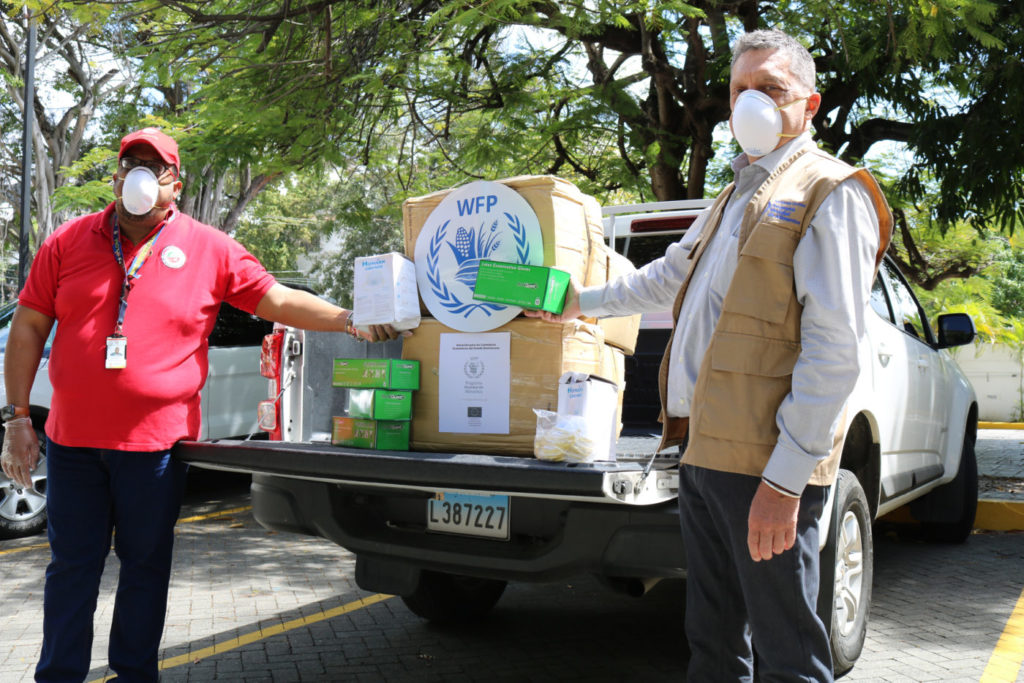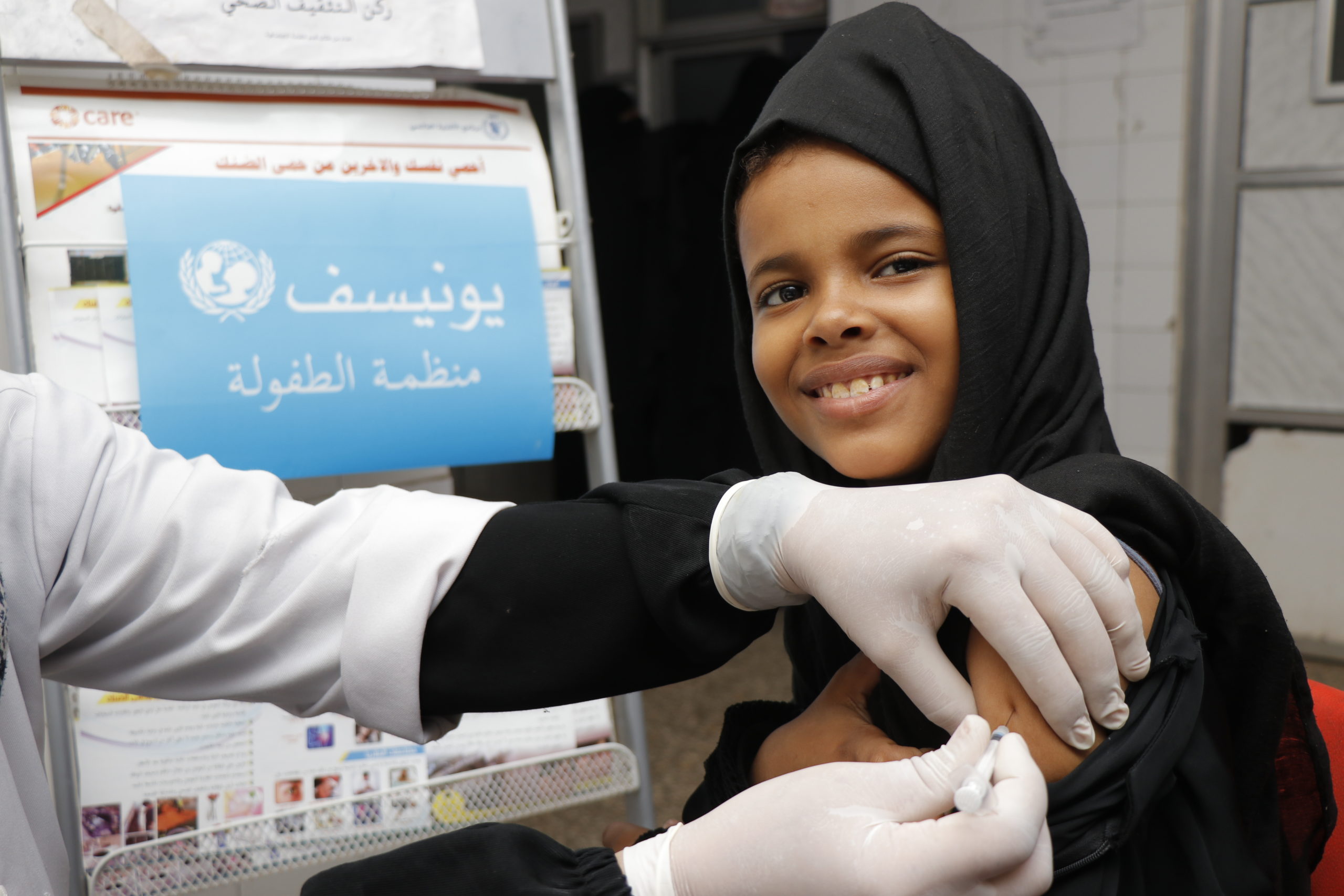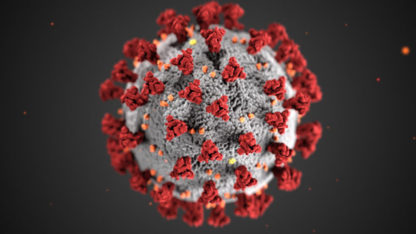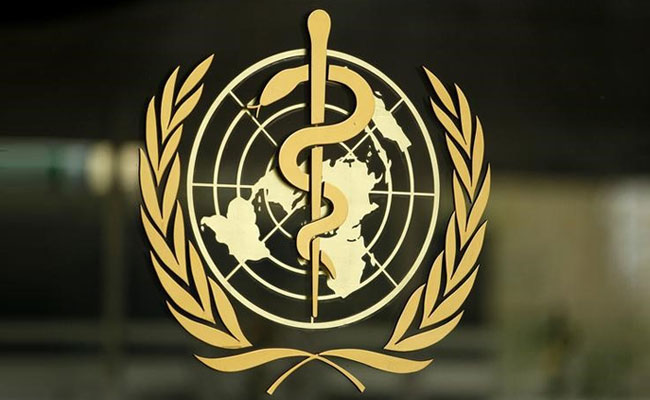Secretary-General Guterres stated, “COVID-19 is the greatest test” since World War II; “it is more than a health crisis. It is a human crisis.” The UN chief released a plan to counter COVID-19, which emphasizes the need for countries to act in concert and outlines ways to suppress transmission of the virus, safeguard people’s lives and their livelihoods, and learn from the crisis to build back.
Provided below is a snapshot of UN efforts overseas to combat COVID-19 as of December 2021. This page is by no means comprehensive of all the UN’s work; it is meant to illustrate the various ways the “UN Family” confronts a global pandemic, based on both its past actions and new methods.
INTERNATIONAL ORGANIZATION FOR MIGRATION (IOM)
- IOM has begun a COVID-19 vaccination campaign for migrants stranded in Yemen, aiming to inoculate around 7,500 people at its Migrant Response Points in Aden and Ma’rib. COVID-19 has had severe consequences for the health, well-being and income of people in Yemen. As of December 12, 2021 there have been more than 10,000 cases reported, but the full impact is difficult to assess due to limited testing and reporting across the country.
- Since April, IOM has been supporting efforts by the Ministry of Health to vaccinate at-risk and hard-to-reach populations, including health workers, people with chronic illnesses and elderly citizens, at IOM-supported health centers in Aden, Ma’rib and Ta’iz governorates. One Ethiopian migrant who received the vaccine in Aden, Naima Mohammed, said: “Last year one of my relatives died from COVID-19. Since then, I’ve come to the Migrant Response Point several times to learn measures to avoid contracting the virus, like handwashing and mask wearing. Now that I’m vaccinated, I’m more protected.” The pandemic has had a dire impact on the most marginalized communities who lack access to health care, clean water and sanitation. An estimated 36,000 migrants have been stranded on their journeys due to COVID-19-related mobility restrictions, nearly 3,500 in Ma’rib.
WORLD FOOD PROGRAMME (WFP)
- In Lebanon, WFP is scaling up its support to the Emergency Social Safety Net project in partnership with the Government to channel funding from the World Bank through its social protection system. The project will transfer cash assistance to at least 147,000 of the most vulnerable Lebanese households, with additional support to 87,000 of these households with children in school to ensure they complete their studies. It will also transfer funds directly to schools so they can continue teaching throughout the crisis.
- In Malawi, WFP—in collaboration with UNICEF, ILO and other partners—is rolling out the COVID-19 Urban Cash Intervention to support the livelihoods of vulnerable urban communities. The intervention will target over 850,000 people with emergency cash-based assistance for six months and will develop into a national social protection system for urban communities beyond the pandemic.
- In Armenia, WFP continues to support the Government’s capacity to safely implement school feeding during the pandemic by donating PPE to the Ministry of Education. The protective materials will allow canteens to remain open and serve school meals to approximately 100,000 primary school children. Amazon Disaster Relief has supported WFP in these efforts through the donations of PPE worth an estimated $7 million.

Photo: WFP/Marcelle Rodriguez
UN REFUGEE AGENCY (UNHCR)
- In Jordan, UNHCR reports that 53 percent of the eligible population living in refugee camps and 33 percent of the eligible refugee population living in urban areas have been vaccinated against COVID-19. Over the last two months, UNHCR has operated three mobile vaccination units at its registration centers in Amman, Mafraq, and Irbid. Over 1,300 refugees have been inoculated through this exercise. In early December, UNHCR also began distributing small cash amounts ($10) to all refugees living outside of camps who had received two doses of the COVID-19 vaccine, in order to assist with any related transportation costs and encourage vaccine uptake. In neighboring Lebanon, UNHCR has deployed mobile vaccination units to help refugees get vaccinated and has provided fuel to 18 hospitals across the country to ensure they’re able to continue delivering lifesaving medical care.



